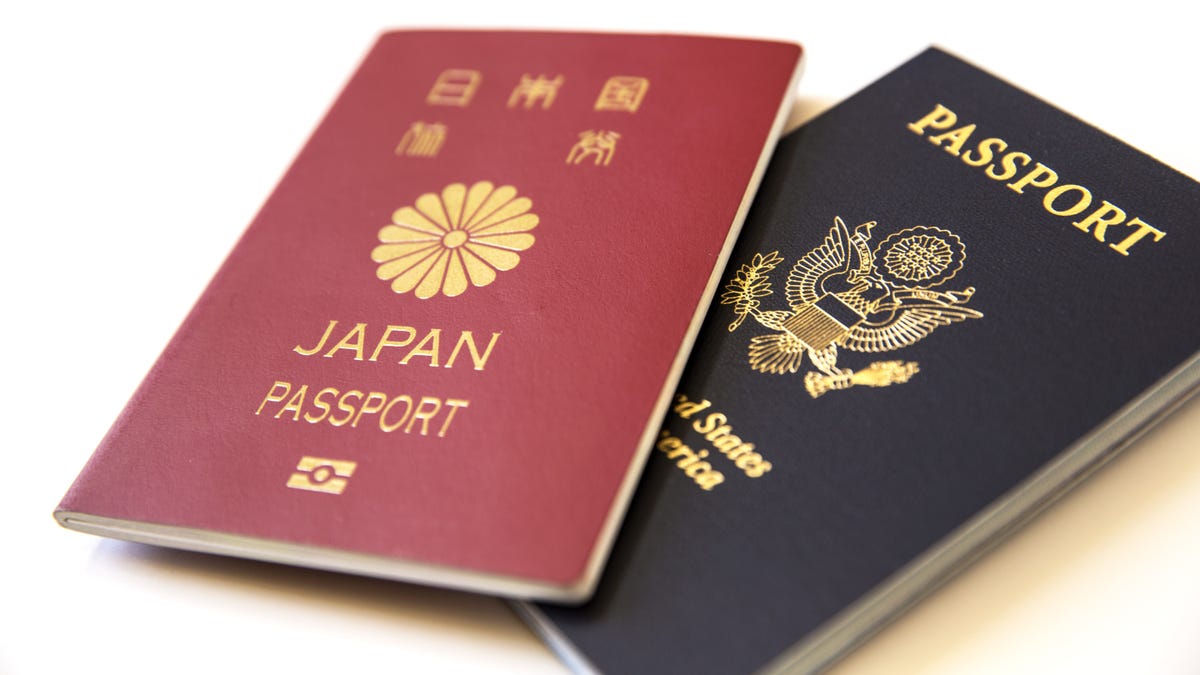How You Can Obtain Dual Citizenship - 4 minutes read
 Photo : Shutterstock ( Shutterstock )
Photo : Shutterstock ( Shutterstock )Dual citizenship means that you hold citizenship in two different countries. This also allows you to have two passports from two separate countries which can come in handy if you hold a passport that is more powerful than another—meaning you will have more mobility in being able to travel to certain places without applying for a visa.
Advertisement
Birthright ci tizenship
When I gave birth to my son in Europe, people automatically assumed he had dual citizenship. I had to explain that although he was born in Poland, that didn’t entitle him to citizenship there because my husband and I are not Polish—nor is any of my son’s grandparents. He does have a really cool Polish birth certificate, but that’s about it.
Advertisement
There is a concept called “b irthright citizenship” that grants a person a citizen just by being born in that country.
Over 30 countries recognize birthright citizenship including the United States, Canada, Central America (including areas of the Caribbean), the bulk of South America (except Colombia & French Guiana), Pakistan, Lesotho, and Tanzania. So unlike me, if you give birth or have a child in any of these countries, they automatically become dual citizens due to their parents being citizens of one place and them being born in another.
Gain citizenship by blood
You can obtain dual citizenship in some countries based on your bloodline. It’s called “jus sanguinis” (Latin) or “right of blood.” If one of your parents or grandparents were born in a particular country, you are automatically a citizen—which can also be referred to as “naturalization.”
Advertisement
Almost all countries in Africa, Asia, Europe, and Oceania will grant you jus sanguinis citizenship by proving you have blood relative ties to that country.
Stay awhile
You can get dual citizenship by staying in another country for years. People often confuse living abroad with denouncing your American citizenship; that’s just not true. You will remain an American citizen your entire life and still be able to live abroad and gain citizenship in another country.
Advertisement
Typically, the process begins with obtaining a temporary residence status, then permanent residence. After you have been a permanent resident for a certain amount of years (depending on the country), you can gain citizenship.
Permanent residency is not citizenship. With permanent residency (in many countries) you cannot:
Obtain a passport in the country
Leave and reenter without restrictions
Vote
Petition for relatives to come live in the country with you
Advertisement
Also, as a permanent resident, you can still be deported so if you don’t want to face that possibility, gaining citizenship is important.
Here are two examples of obtaining citizenship through living in a country for some years:
Australia
As a permanent resident of Australia, you can apply for citizenship if you meet these requirements:
Have lived in Australia for at least four years
Been a permanent resident in the last 12 months prior to applying for citizenship
Get a 75% score or higher on the citizenship test
Canada
In Canada, you must be a permanent resident and have lived in Canada for three out of the five years you have obtained permanent residency. You must also:
Prove language skills (English or French)
Pass a test on knowledge of Canada, your rights, and responsibilities as a citizen. (Test includes history, geography, laws, government, and economy)
File taxes
Some countries only require that you have money (savings, investments, retirement) and/or currently make a certain amount of money in their local currency, own property in that country, and have been living there for at least two years. The easiest countries to obtain residency include:
Advertisement
Argentina:
Dominica: Need work/residence permit, two testimonials on your behalf, the equivalent of $800 for registration, and a few more listed here
Paraguay:
Advertisement
Access denied
Most countries have a standard that is required and if you do not meet them are grounds for denial of citizenship. These include:
A criminal record
No adequate proof of required income
An assessment that you are a risk to national security
Source: Lifehacker.com
Powered by NewsAPI.org